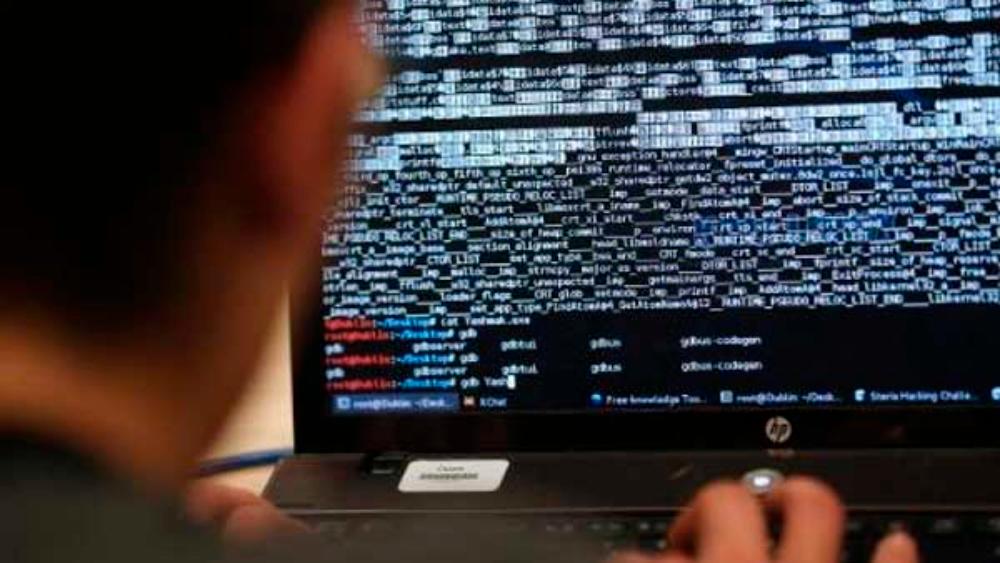NO business can function in today’s corporate environment without using software. Businesses have to buy or license software. The tax laws regarding the treatment of the payment for the use or the purchase of software have been changing since the late 1990s.
In this article, we will cover the tax ramifications on this issue from 2017 since the Inland Revenue Board (IRB) can only raise assessments going back five years. However, if there is fraud, wilful default or negligence on the part of the taxpayer, the time limit will not be applicable.
Licensing of software
Any licence payments made for the use of the software by an enterprise to carry on its business will be tax deductible. If such payments are made to foreign parties who are non-tax residents, it will be subject to withholding tax and it is also likely to be subject to a 6% service tax on the basis that it is either an imported service or under the digital services tax regime.
Purchase of software
As it stands, due to the change in the definition of “plant” that was introduced in the Finance Act 2021 and effective from 2022, software is not eligible for capital allowance claim. Business enterprises will also not get a tax deduction as a tax expense or a revenue expenditure since this is a capital expenditure. In the tax year 2022, businesses cannot get a tax deduction for purchases of software.
However, the finance minister in the current caretaker government, in tabling Budget 2023 on Oct 7, mentioned that he would reinstate software to be included under the definition of “plant”. Unfortunately, this pronouncement cannot be implemented as yet due to the impending 15th general election (GE15). It is possible the government that comes into power after GE15 will implement this provision and allow expenditure on software to be eligible for capital allowance claims. If that transpires, taxpayers will be entitled to a 40% deduction in the first year, and thereafter 20% annually.
Between 2017 and 2021, expenditure incurred on the purchase of software packages or software systems was eligible for capital allowance. From 2018 to 2021, expenditures incurred on customised software comprising consultation fee, licensing fee and incidental fees related to the software development were eligible for capital allowances.
Where is the gap?
Although expenditure incurred on the purchase of customised software is allowed as a deduction via capital allowance claims, the law is silent with regardmto the costs incurred internally and capitalised in the balance sheet of the enterprise. Such internal costs will not be deductible.
Dividing line between purchase and licensing of software
Unless the business enterprise develops its own software, all other software acquired from third parties will be in the form of a licence. The copyright to the software still belongs to the developer of the software, and the user will be given a licence to use the software for the use of the enterprise.
In such a case, the buyer of the software is acquiring a copyrighted article for his own business use. The buyer cannot modify the software or redistribute the software. This is a grey area when determining whether such payments are for the use of the licence or an outright purchase of a copyrighted article equivalent to a purchase of a book where the copyright of the book always remains with the author.
The tax treatment of software across the world is still fluid and different countries adopt different treatments in relation to deductibility, application of withholding tax, transfer pricing and indirect taxes. In Malaysia, although there are a number of gazette orders issued over a period of time and changes to the laws, there is still significant room for providing legislative guidance to narrow down the ambiguities surrounding the treatment of software.
This article is contributed by Thannees Tax Consulting Services Sdn Bhd managing director SM Thanneermalai (www.thannees.com).









